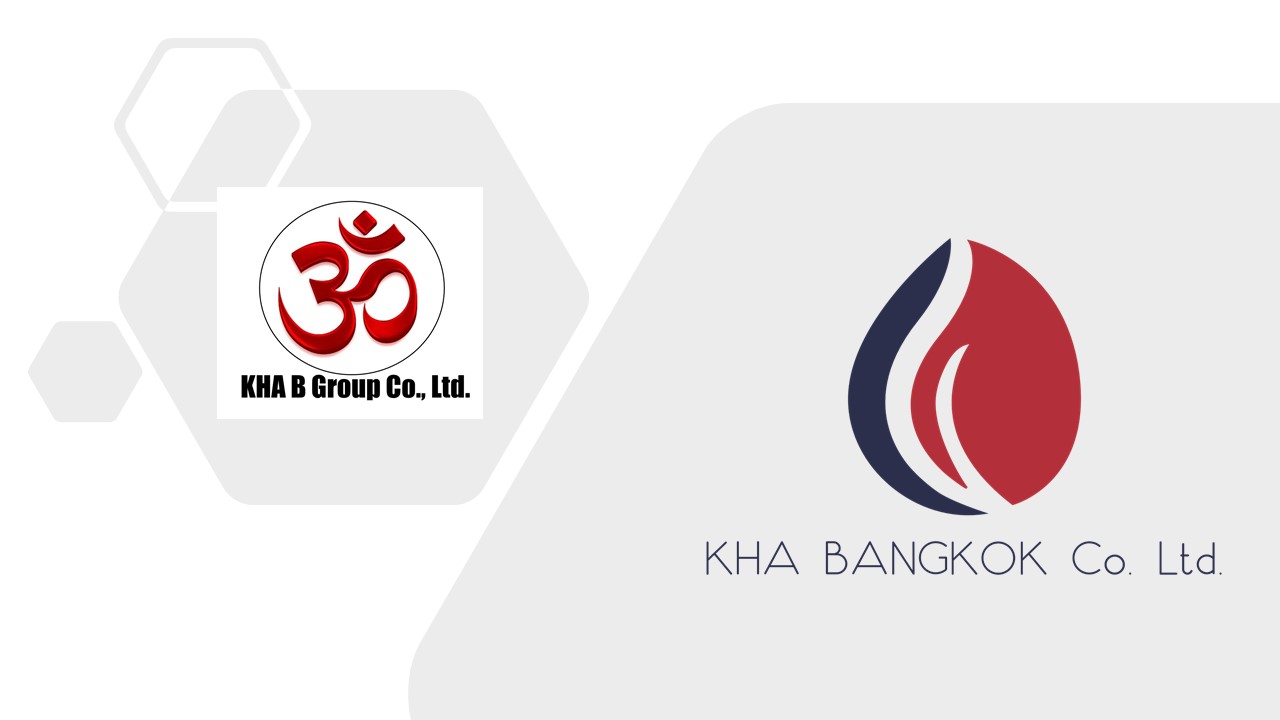If the real global economy is yet to fully recover from COVID, financial markets are experiencing a period of euphoric expansion. In particular, the IPO market is on fire and investors of all types and sizes are, in recent times, more likely to buy the securities of companies that decide to go public. This situation may also have been catalyzed by COVID: central banks have injected an immense amount of liquidity into the market to encourage an economic restart and the “new normal” has encouraged the birth and growth of innovative companies, hungry for capital to finance their own expansion. The ASEAN stock exchanges are also following a positive trend in terms of number of IPOs and volume of investments attracted. The Stock Exchange of Thailand (SET) is the stock market that has grown the most in the region and looks set to accelerate its run further.

Some premises need to be made. IPO is the process by which a private company goes public: by offering its shares to the public on a stock market, the company raises capital to support its growth and its private investors can make huge profits. The company can also seek its capital through private equity, remaining private and without having to face the obligations (and risks) associated with the IPO, or simply by postponing them. In recent years, emerging companies have tended to prefer private equity to public. When the company decides to proceed with the IPO, this moment must be carefully prepared. Not only must all the requirements set by the exchange where the offer will take place and by the competent regulator be met; the company must also seize the moment, enter the market at a favorable time, when it is easier to attract the attention of investors and stand out from other concurrent IPOs. For these reasons, companies that intend to go public are meticulously preparing the IPO, with the help of investment banks. The whole process also involves a double choice. The choice of the company, which must identify the most favorable stock market in which to submit the offer and price the stock, and that of the investors, who must decide which stock exchange to turn their attention to. Consequently, the governance of the various financial markets can try to encourage companies to go public on their market and equip themselves with the infrastructure to facilitate investors.

In this perspective, the growth of SET must be read. The Thai stock exchange is ASEAN’s second largest trading center by capitalization, after Singapore, but it is also the one that recorded the highest number of average daily trades last May and that in 2020 attracted the most capital with IPOs. In an interview with Nikkei Asia in early July, SET president Pakorn Peetathawatchai outlined his strategy and goals for the years to come. The Thai stock exchange has made the requirements for listing in certain sectors more accessible, so as to encourage particularly attractive companies, including foreign ones, and SMEs to go public. In addition, he worked together with the Bangkok government to prepare a substantial package of tax incentives. In this way, SET intends to attract between 30 and 50 IPOs and nearly 8 billion dollars each year, competing with Singapore for the scepter of ASEAN’s main financial market. Looking at the results of the first months of 2021, SET’s ambitions seem within reach.
The Thai bag seems to be so attractive for the variety of subjects that animate it. On the one hand, the SET list includes companies belonging to all sectors of the economy; companies that attract, on the other hand, a balanced mix of investors. Almost 50% of the investors are Thai and retail. SET intends to facilitate operations in this category by using fintech tools: by the end of 2021, it will launch an online platform for the exchange of securities through digital tokens. This initiative must be read in the more general process of “democratization” of the global investment market, made possible precisely by the new fintech platforms. Other stock exchanges in the region, such as those of Singapore and Indonesia, have adopted a different strategy, following a model that has been successful in the US: favoring SPACs (special purpose acquisition companies), companies that attract funds from multiple investors, usually thanks to the sponsorship of a well-known and influential entrepreneur, with the aim of merging with one (or more) companies at the time of the IPO. SPACs require special conditions to be successful, but they can allow companies to go public faster. SET looks at this practice with some caution, as do European stock exchanges. Caution that should be applied to the entire IPO market, according to many observers: the enormous fortune of IPOs in recent years may not last and the great successes of certain prices alternate with surprising and unexpected thuds (such as that of Deliveroo at the time of its IPO on the London Stock Exchange). Investors are becoming much more cautious and selective in their choices and this could slow down, but also stabilize, the company’s race towards listing.
Italy- ASEAN font

